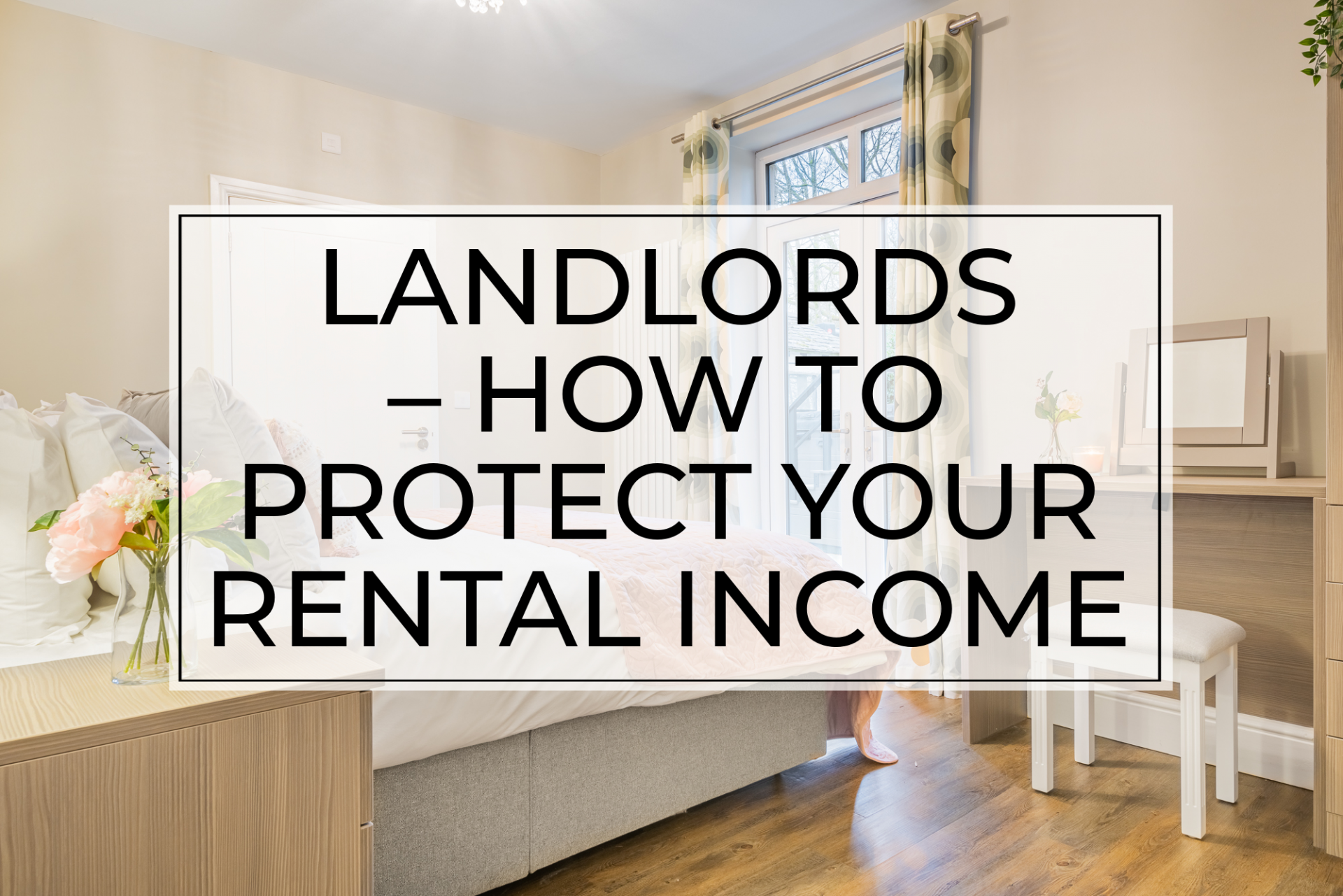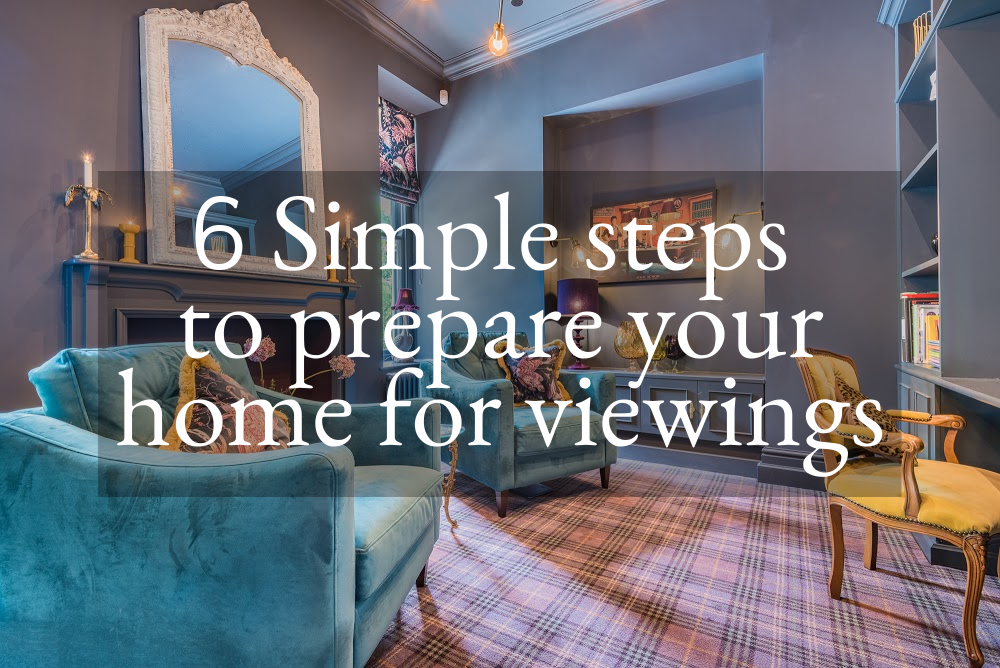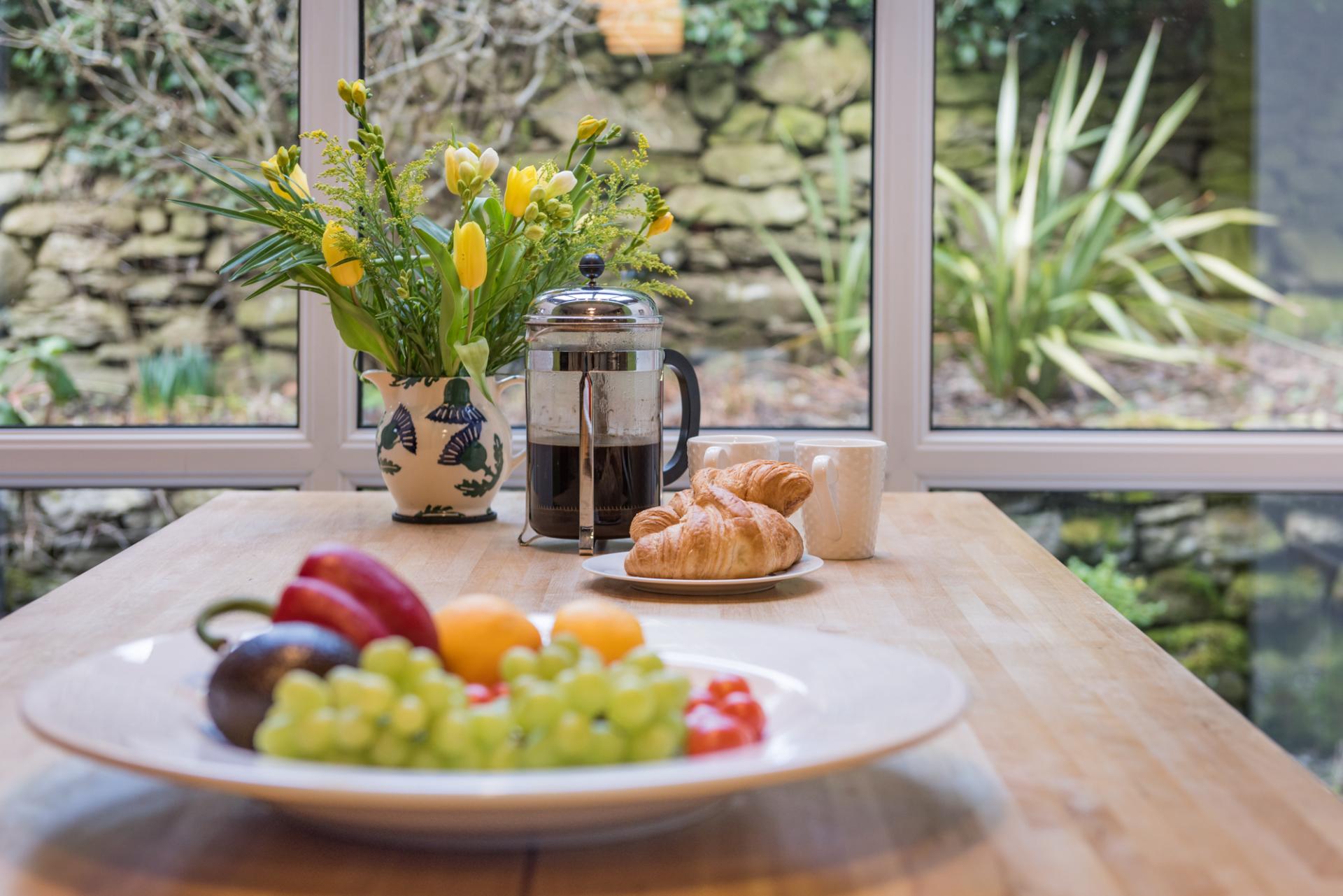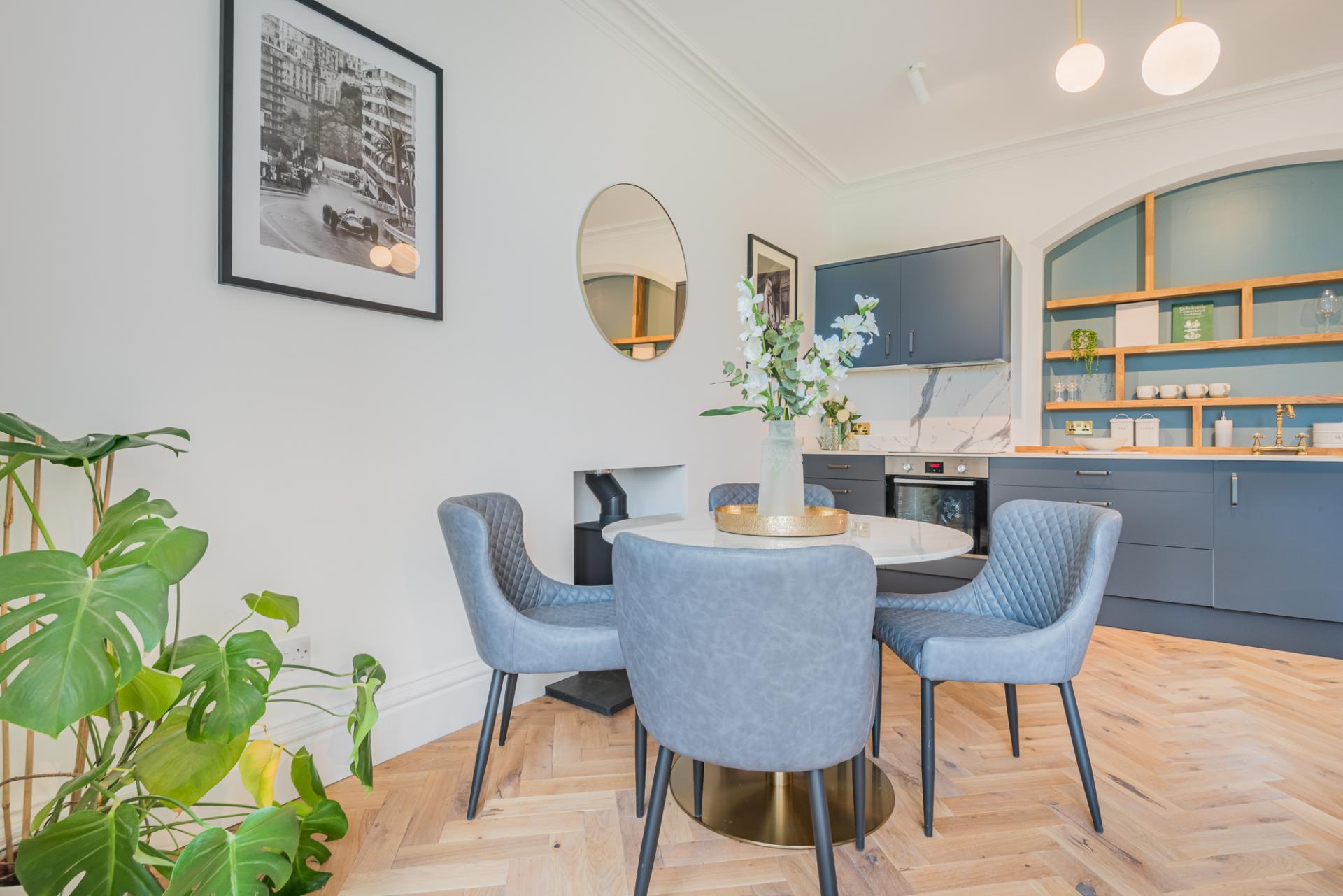If your home’s not selling and you’re thinking of changing estate agents, check out our great guide to making the move to a new agent as smooth as possible.
A great agent will be focused on selling your home at the best price, in a timeframe that suits you. If everything goes well, they’ll put the right value on it, market it effectively, then negotiate and progress your sale so you can move on to your new home as planned – and they’ll make the whole process as pain-free as possible. That’s what we strive to achieve for every one of our clients, and it’s what every seller hopes their experience will be.

But it’s not always plain sailing, and if your home’s been on the market for a while, with no sale in sight, you might be feeling disappointed and thinking of changing agents.
There could be several reasons why things haven’t gone as you’d hoped. Your agent may have seemed like the perfect choice to sell your home in the beginning, but they haven’t quite lived up to expectations. Maybe the viewings you were promised never materialised and now the agent is putting you under pressure to drop the price. Or perhaps they were attentive and positive at the start, but now their phone calls and emails are getting less and less frequent, and you feel as though getting your home sold is no longer a priority for them.
On the other hand, you may think your agent really has done their best, but for some reason things just haven’t worked out, and it’s probably time for a change.

Whatever the situation, if you feel you’ve come to the end of the road with your current agent and you want to switch to a different one, what’s the best way to go about it?
Here’s our handy guide to making the transition from old agent to new as smooth as possible:
- Be clear on exactly what’s not working for you
It’s often helpful to make a list of what you’re not happy with and what’s been done to address things to date, so that you’re well prepared for a frank conversation with your estate agent. Doing this will also help you be clear on what you want a new agent to do differently.
- Check the terms of your current agreement
The most common contract between an agent and their client is ‘sole agency’, meaning that only that estate agent has the right to sell your home and claim the sale commission. Check if you have a tie-in period, and what notice you need to give, so you can plan accordingly.

- Have a forthright discussion with your estate agent
Before you jump straight into terminating your agreement with your agent, have a chat with them. They may have no idea you’re unhappy and disappointed with the way things have gone so far, especially if you haven’t voiced your concerns to them. A good agent will ask for a review meeting with you and suggest ways in which your saleability could be improved. They may offer to re-photograph your home, re-launch it on the portals or suggest a reduction in price.
Whether you decide to give your estate agent another try or terminate your agreement and switch to another estate agent, you’ll feel more in control of your home sale by taking affirmative action now.

- Shortlist alternative estate agents
If you’re ready to switch estate agents, ask your friends and family which agents they would recommend in the local area and why. Then check out these agents’ portfolios. Are they currently listing and selling homes like yours? Would you be the most expensive, or the cheapest, house in their portfolio? Check out their reviews on Google and Facebook and what their standards of photography and marketing are like.
When you have one or two agents you think would be worth chatting to, call and arrange a meeting at your home.

- Ask the right questions
Asking the right questions of a prospective new estate agent will furnish you with the right information so you can make an informed decision, and potentially improve your chance of selling and moving on.
Use this list of questions as a checklist to start an open dialogue with the agent:
- Why do you think our home hasn’t sold? Is it the price, the marketing, the presentation…?
- Is there anything you think we need to do or change about the presentation and styling of our home to achieve the best price?
- What will you do differently to our previous agent? This is a really important question, because you don’t want the same challenges you’ve already faced to reappear with a new agent.
- How do you plan to market our home? This should give you an insight into how proactive they are in finding and matching potential buyers, how creative their marketing is and what gives them the edge over other agents.
- How often will you communicate with us, and will it be by call, email or text? For instance, will they phone you with feedback after each viewing? In our experience, when clients aren’t happy with their agent, it’s often because of a lack of communication – and that can be a challenge regardless of whether you’ve been on the market for a week or several months – so get a commitment from them on staying in touch and keeping you informed.
- What kind of agency agreement do you offer and what is the minimum term? If you weren’t happy being tied into your previous agent’s services for several months, you may be able to negotiate more flexible terms this time.
During the valuation meeting, notice whether the agent is also asking you questions. You want an agent to be interested in understanding your situation, as well as your motivation for moving home, so they can tailor their approach to give you the selling experience you deserve!

- Seal the deal
Choosing an estate agent is a bit like dating – do you like them enough to want to see them again?? When it works best, the relationship between you the client and your estate agent is a partnership – one that will last at least for months, and sometimes, years. You need to feel that your agent has your back and will be your biggest supporter when times get tough down the line, especially in challenging negotiations with a buyer.

Whilst our advice is not to jump straight into a relationship with a new estate agent straight away, if you really feel you’ve exhausted the will, patience and skill of your current agent, then moving to a new agent could be just what you and your home needs.
We’d love to have a confidential chat with you about your options, and we’ll tell you frankly and openly why we think your home has not yet sold and what we think the answer might be. We rarely suggest a price reduction and prefer to use our marketing and styling skills as a first approach, but let us tell you more about those in person!
You can reach us on 01364 652652 or at katie@sawdyeandharris.co.uk - we’re really looking forward to hearing from you.























